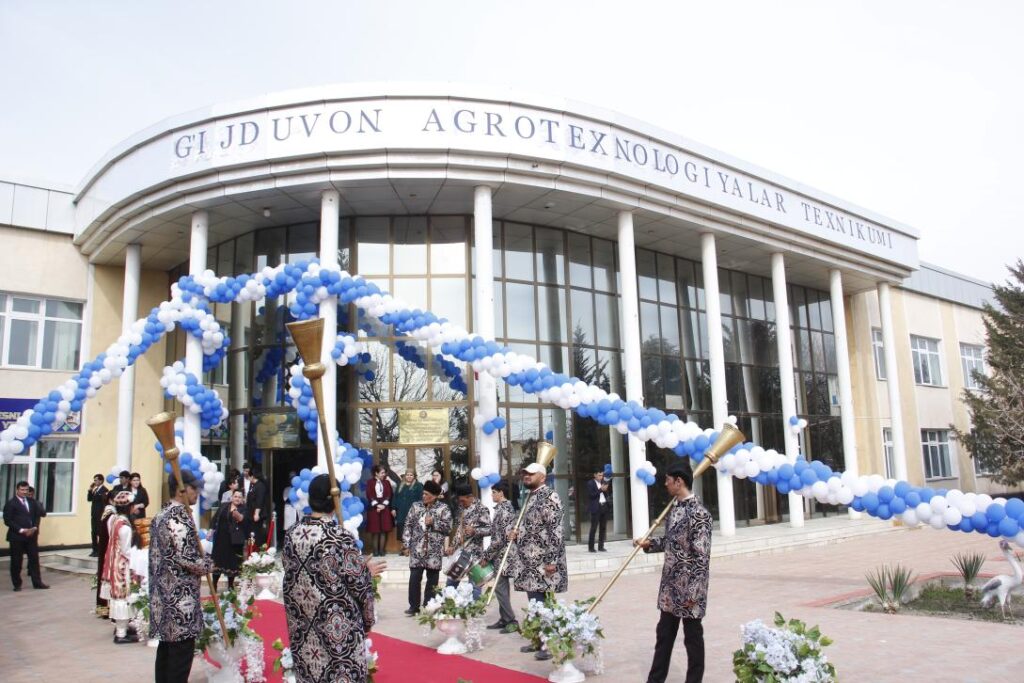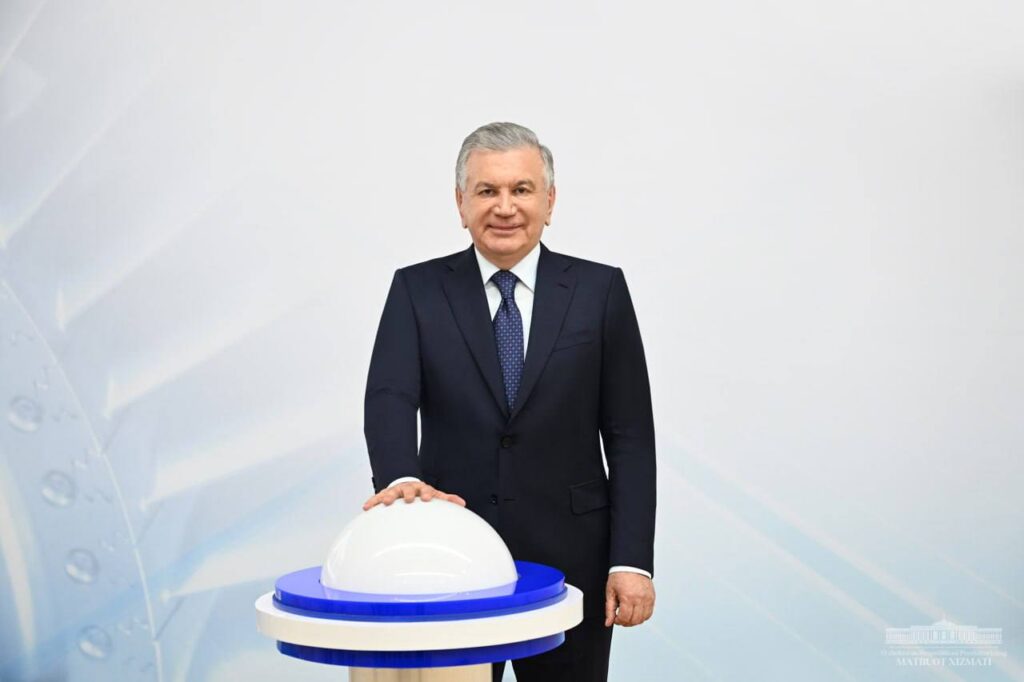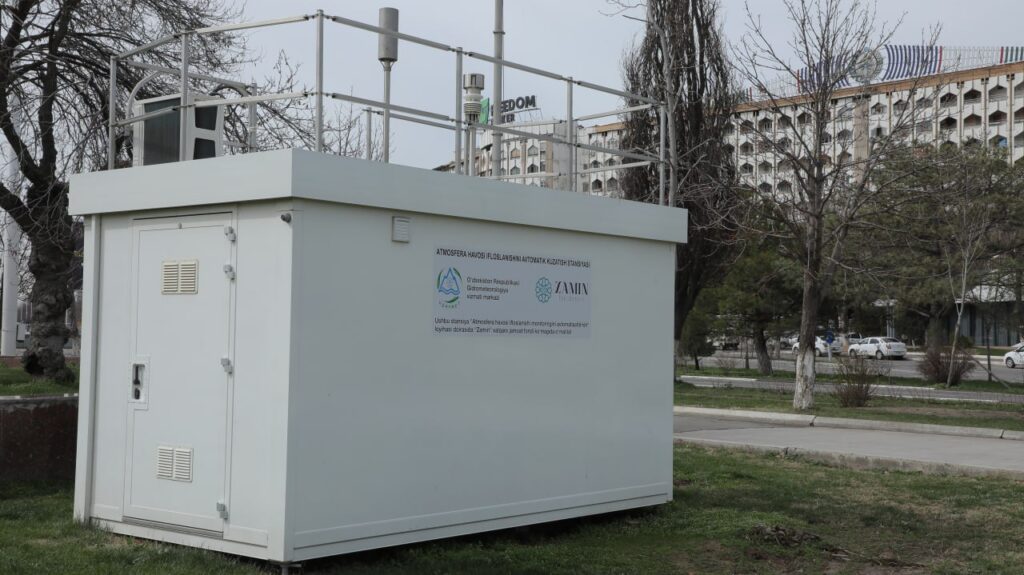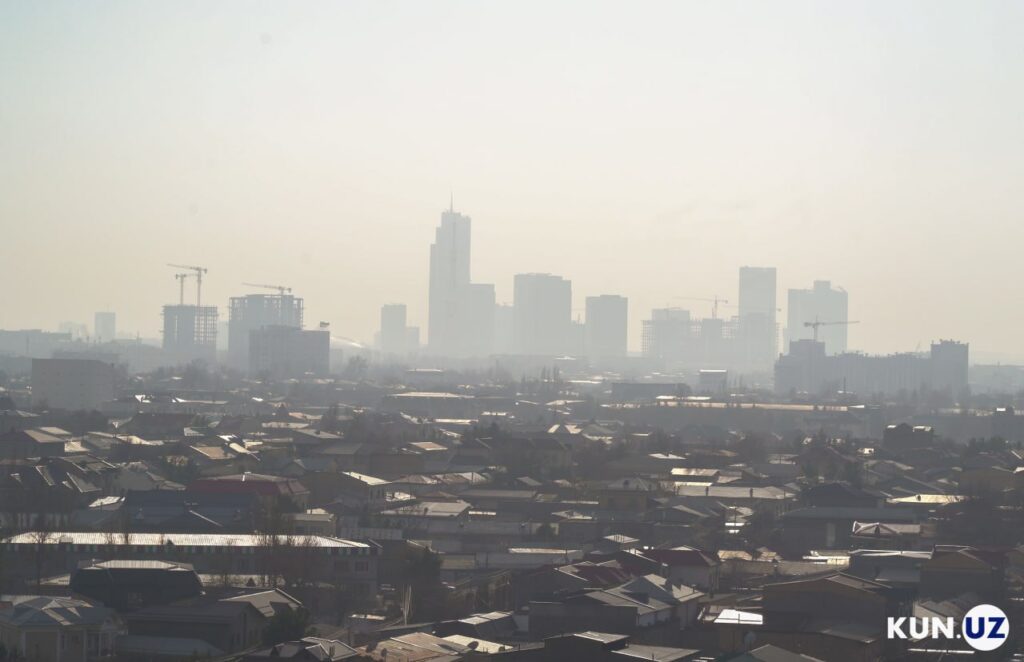According to the latest ranking of the world capitals with the dirtiest air, published by the Swiss technology company IQAir, Dushanbe in Tajikistan came in fourth-worst, and Uzbekistan's capital Tashkent took 22nd place. According to IQAir's data, the average annual concentration of PM2.5 particles in amounted to 28.6 µg/m3, which is 5-7 times higher than World Health Organization (WHO) recommendations. The ranking was 'led' by India's capital New Delhi, followed by Dhaka (Bangladesh), Ouagadougou (Burkina Faso), Dushanbe (Tajikistan) and Baghdad (Iraq). In 2023 only 10 countries had air quality that met WHO recommendations. The cleanest air was in the capitals of Puerto Rico, New Zealand, Australia, Iceland, Bermuda, Estonia and Finland. Recently, Tashkent launched Air Tashkent, an open-source data platform for air quality monitoring. It was developed by the Department of Digital Development under the capital's hokimiyat (local administration), together with a group of national scientists called Amudario. The platform displays data from 10 stations which are updated hourly. Statistics for the last seven days are also available. To combat harmful vehicle emissions in the Uzbek capital, officials have opened a diagnostic center. The center will check the amount of harmful emissions in the car's exhaust, and according to those results, will put a sticker containing an RFID chip on the windshield in either red, yellow or green colors. That fits into a plan to divide Tashkent into ecological zones -- and will restrict entry of vehicles that don't comply with that zone 's specific sticker. Fines collected from those drivers will be used to fund ecological remediation. The government of Uzbekistan has recently taken active measures to combat air pollution. Among the most significant are the capital's gradual transition to electric transport, like city buses, the installation of exhaust filters at industrial enterprises, the gradual phase-out of AI-80 gasoline by 2026, and the construction of green power plants. According to the CEO of IQAir's North American division, Gloria Delphine Hammes, PM2.5 particles "kill more people than any other pollutant that exists." The main means of production of PM2.5 particles is the burning of fossil fuels such as coal, oil and gas. Those particles, in turn, are responsible for the premature deaths of more than four million people worldwide each year. A separate analysis by a researcher at the Max Planck Institute for Chemistry in Germany found that fossil fuels are responsible for 65% of those deaths. In addition, the danger of these particles is that once they appear in one place, they can be carried by the wind for hundreds of thousands of kilometers in numerous directions, harming large numbers of people in other geographical regions.






